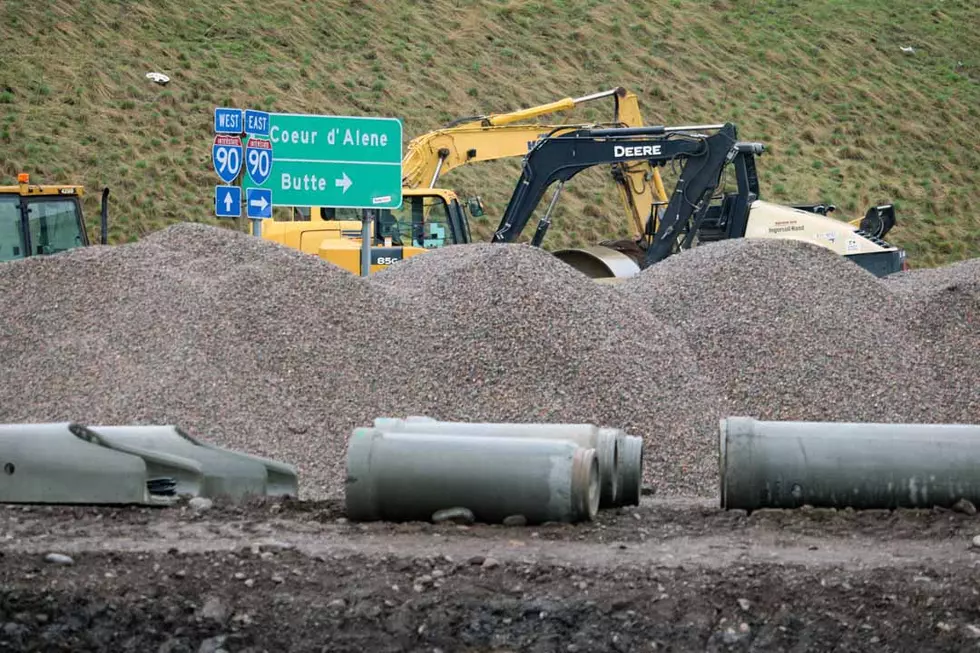
DEQ: No review required for Missoula sewer upgrades
Laura Lundquist
(Missoula Current) The Montana Department of Environmental Quality has decided that the City of Missoula can make improvements to its wastewater collection system and Garden City Compost without having to go through a public process.
That could accelerate completion of the projects.
Two weeks ago, Mike Abrahamson, DEQ Water Quality Engineering Bureau supervisor, approved the use of a categorical exclusion for projects proposed by the City of Missoula after reviewing the preliminary engineering report developed last year by Missoula consultant Morrison Maierle.
The report said portions of the sanitary sewer collection system have reached the end of their design life and have outdated and undersized pipes that can cause sewer backups or leaks.
After going through a 15-point checklist, Abrahamson concluded the projects don’t have to go through the public process - including an environmental assessment or environmental impact statement - required by state and federal law for projects related to water infrastructure because they’re either minor upgrades or rehabilitation of existing systems.
City of Missoula Utility Engineering staff held a public meeting on April 5, 2022, and accepted public comment at that time. The estimated cost for 31 upgrades and replacements at that time was more than $3 million. They applied to the State Revolving Fund for financing.
Improvements to the sewer system overall include new pumps at the Kelly Island and Fort Missoula lift stations; installing a backup pump for the Caras Park lift station; replacing clay and asbestos cement pipe; and replacing sections of sewer mains along South Russell Street to insufficient downhill slope. Lift stations move wastewater from pipes at lower elevations to those at higher elevations to increase the slope for added flow.
Upgrades are proposed to the Missoula Water Resource Reclamation Facility - formerly the Wastewater Treatment Plant - to increase security, by installing new fencing and signs, and to improve hydraulic capacity and energy efficiency.
Peak flow at the facility was already at design capacity in 2017 and will far exceed capacity by 2037. Things were already looking grim in 2021 when the population served by the facility hit more than 75,000, 4% higher than expected in the wastewater facility plan.
Finally, the Garden City Compost facility needs a few changes including refurbishing the main building and installing a stacker-conveyer to reduce reliance on individual employee-operated loaders.
With a DEQ review no longer necessary, the next step for the city is to finalize its application with the Department of Natural Resources Conservation. With that approval, the upgrades can begin.
